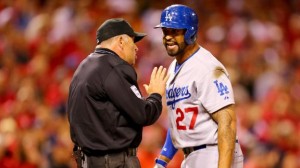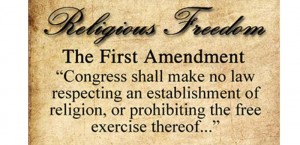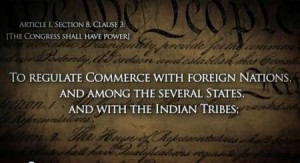 I like wine. I’m not an expert but I do enjoy drinking a nice glass of wine with friends over a meal or even watching a football game. I don’t drink very much, but wine is always an excellent item for a single guy to bring to a party.
I like wine. I’m not an expert but I do enjoy drinking a nice glass of wine with friends over a meal or even watching a football game. I don’t drink very much, but wine is always an excellent item for a single guy to bring to a party.
I usually look at the price on the bottle and pick something in the $10 to $25 range figuring that’s probably pretty good. I look at the reviews and the rating number but I hardly know enough to make an informed decision. Why do I mention all of this? In my endless pursuit of news stories about which to blog I happened on a wine story and from there onto an excellent wine site called Snooth.
It offered something I was actually interested in trying. I purchase wine periodically, as I mentioned, but I never really knew what to get and always purchase something different. I generally like a relatively hearty red but I’m fairly flexible. Snooth offers the ability to create a personal wine list. This seemed like a good opportunity for me to start tracking what I like and hopefully get good ideas on purchases in the future. It’s not a big deal but I’m a data guy and the more information you have the better your decisions will be.
I had recently purchased a bottle for a little get together and decided I’d look it up. It was a Pinot Noir and I’ve had mixed success with that grape in the past. I enjoyed this bottle. It was labeled as a $30 bottle on sale for $19.99 which seemed like a good deal. I was certainly happy with my purchase.
So I headed over to Snooth wondering if the price I paid was reasonable for the bottle in question. It was a Grove Mill Marlborough Pinot Noir 2013. I looked up the exact name and year and found nothing. Then I broadened my search to Grove Mill. There it was! The price was $29.09 which indicated that I got the deal I thought I was getting. Then I looked a little more closely. The price was for a 2009 bottle which was given 3.5 glasses as an aggregate review.
That’s when it dawned on me what happened. I don’t know if this is a common practice or not but I’m more than willing to bet it’s pretty standard. The Grove Mill Pinot Noir 2009 is a nice bottle of wine that generally sells for $29.09. The Grove Mill 2013 is not the same quality most likely. It is a newer grape and has not had time to age properly. But the name Grove Mill Pinot Noir has a good reputation. The wine stores are well aware of the difference between the two. The price on the 2013 was probably right in line with what I should have paid for it. I’m not saying I was ripped off. I’m saying that the wine store wanted to move that particular vintage and year. So they put a sale price tag on it that wasn’t really a sale at all.
If I had seen the Grove Mill 2013 as one bottle on the rack next to a hundred others of its ilk I would most likely not have purchased it. But because it was on an endcap with a big sale sign, I made the buy. The distributor paid the retailer, in this case Whole Foods, money to put the endcap out there. I’d say it’s all but certain that I’m not the only one fooled with the endcap and the signage of the sale price.
Let me reiterate that I’m not complaining. I enjoyed the wine and I think the price was reasonable.
I will tell you this. I’m going to be a lot more wary of endcaps with “sale” prices in the future. I’ll probably visit Snooth and try to pick out the wine I want before I leave the house or, if I ever get a smart phone, while I’m doing my shopping.
This should mean that when I show up on your doorstep with the look of dread at having to face an evening of socializing with real people instead of my computer friends, at least I should have a better bottle of wine with me!
Huzzah!
Tom Liberman
Sword and Sorcery Fantasy with a Libertarian Edge
Purchase The Broken Throne today!
See All my Books






